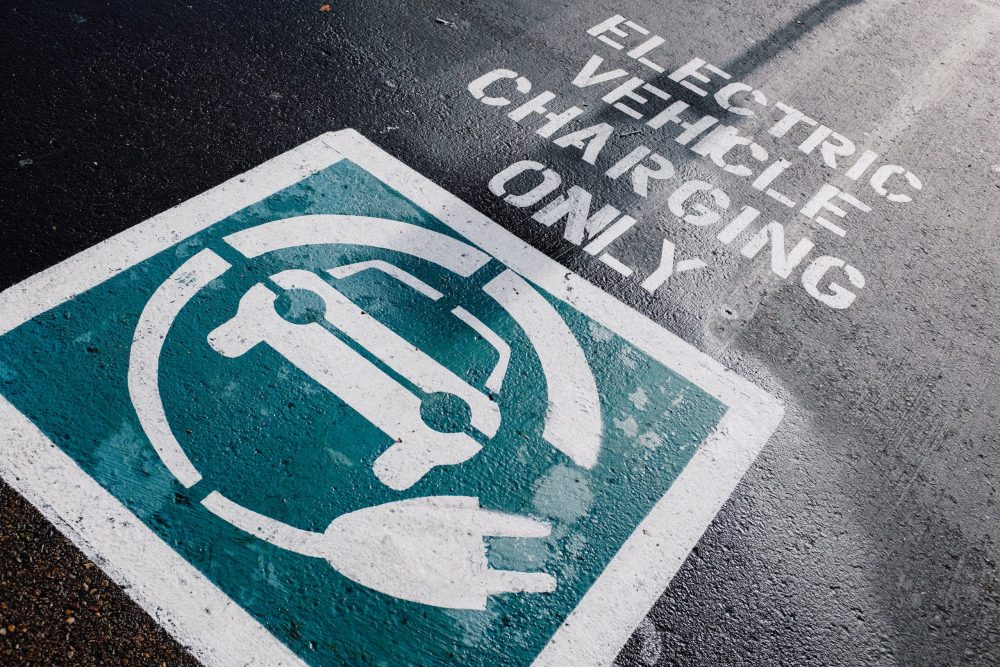
By Lawrence Ulrich | The New York Times
Designed to accelerate the shift to electric cars among other climate goals, the Inflation Reduction Act has in practice made buying such vehicles a lot more complicated.
In August, the law ruled out the full tax credit of $7,500 for electric vehicles and plug-in hybrids assembled outside North America. That may make it harder for consumers to take the financial or psychological leap to buy a battery-powered car.
The Treasury Department further tightened those rules this week by requiring that a certain percentage of the components and minerals in car batteries are sourced from the United States or in countries that are its trade allies — numbers that will increase over time.
Just 11 electric cars from four automakers — Tesla, General Motors, Ford Motor and Volkswagen — now qualify for the full tax credit; several others can qualify for a partial $3,750 credit. The list is expected to grow as more automakers reconfigure their supply chains.
The rules are already driving big changes in the buying and selling of electric cars. Some automakers whose models are no longer eligible are now pushing leased electric cars. That’s because the law allows leased vehicles to qualify as commercial vehicles, which the Inflation Reduction Act exempts from the restrictions that apply to cars bought by individuals.
“EV tax credits can offset thousands of dollars from a new vehicle’s purchase price, so the amount of the available credit is often a determining factor for consumers choosing to buy an EV. As such, consumers interested in an EV should be sure that they understand exactly how much credit the vehicle in question qualifies for before they buy.”
Eric Hill, automotive investment attorney at Rose Law Group

